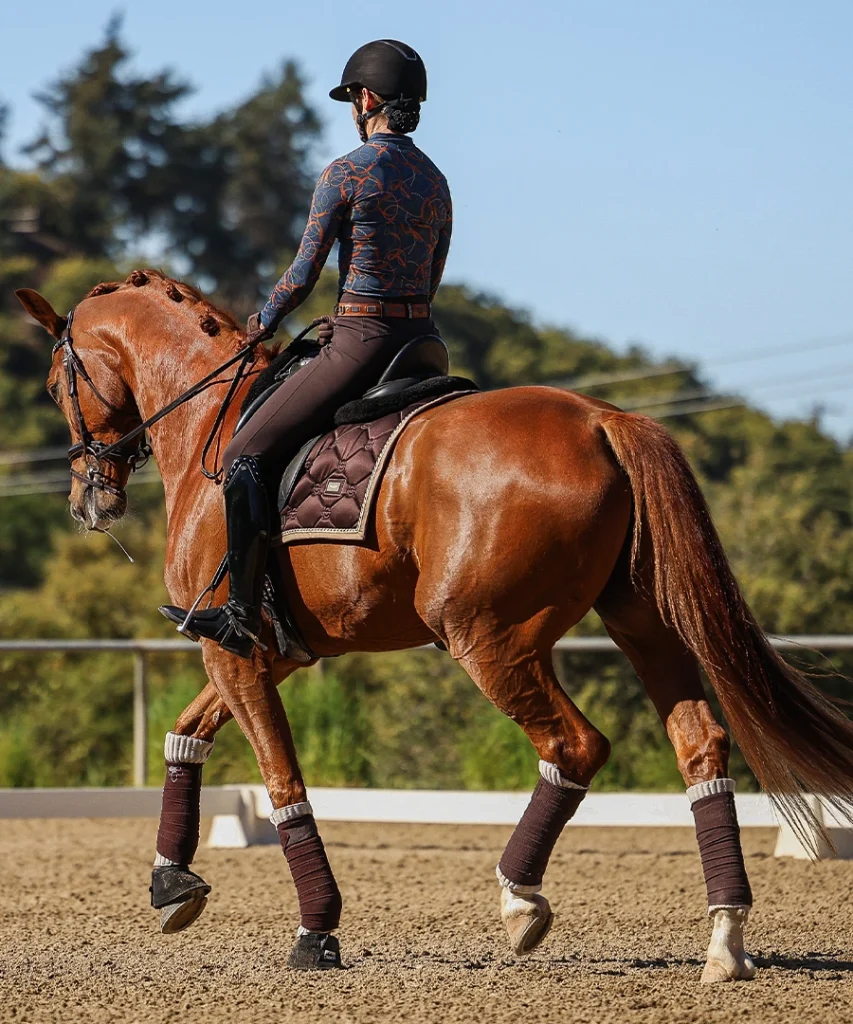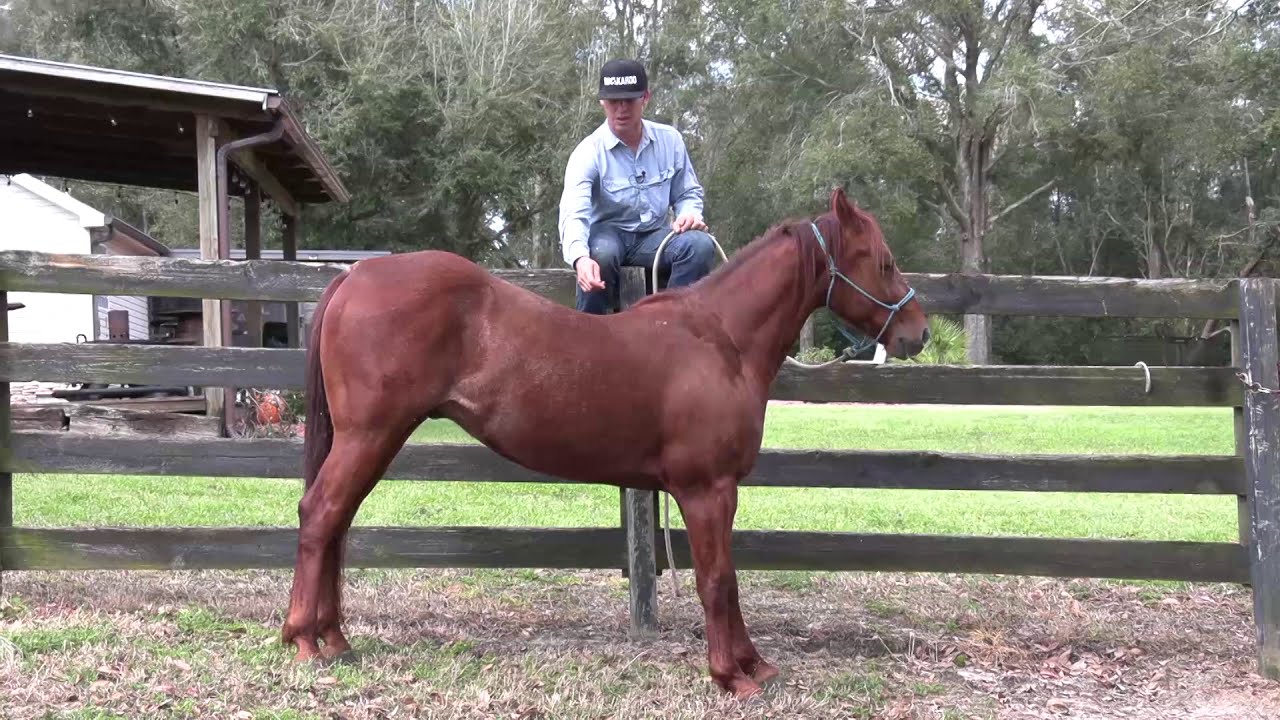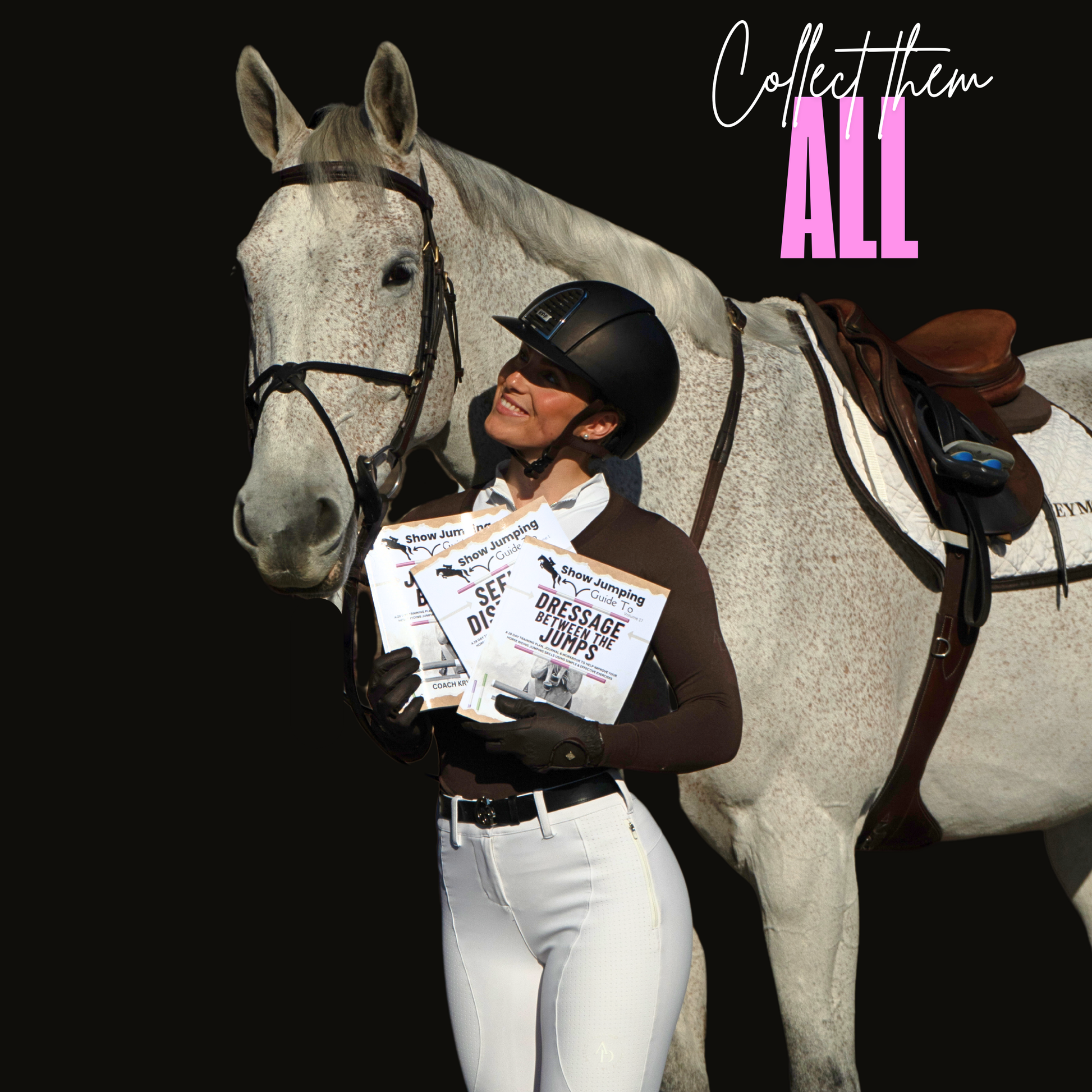How to Desensitize a Spooky Horse: A Comprehensive Guide

Horses are naturally flighty animals, and some can be particularly spooky or sensitive to new stimuli. Desensitizing a spooky horse is essential for safety, confidence, and building a trusting relationship. This guide will walk you through effective methods to help your horse become calmer and more confident.
Understanding Why Horses Get Spooky

Before starting desensitization, it’s important to understand why horses get spooky:
| Reason | Explanation |
|---|
| Natural Instinct | Horses are prey animals with a strong fight-or-flight response.
| Lack of Exposure | Horses unfamiliar with certain objects or environments may react fearfully.
| Past Trauma | Negative experiences can cause heightened sensitivity.
| Health Issues | Pain or discomfort can make a horse more reactive.
Step-by-Step Desensitization Process
-
Assess Your Horse’s Behavior
- Observe triggers and reactions.
- Note the intensity and type of spook.
-
Create a Safe Environment
- Work in a quiet, enclosed area.
- Minimize distractions.
-
Introduce Stimuli Gradually
- Start with less intimidating objects.
- Use items like plastic bags, tarps, or flags.
-
Use Positive Reinforcement
- Reward calm behavior with treats or praise.
- Avoid punishment, which can increase fear.
-
Repeat and Increase Exposure
- Gradually increase the intensity and variety of stimuli.
- Be patient; progress may be slow.
-
Incorporate Groundwork and Riding
- Practice desensitization both on the ground and under saddle.
- Maintain calm and confident body language.
Tips for Success
- Stay calm and patient; horses sense your emotions.
- Keep sessions short but consistent.
- Use a buddy horse if possible to provide reassurance.
- Consult a professional trainer if needed.
FAQ
Q: How long does desensitization take?
A: It varies by horse; some may improve in weeks, others take months.
Q: Can desensitization make a horse fearless?
A: No, it helps reduce overreactions but natural caution remains.
Q: What if my horse gets more scared?
A: Take a step back to easier stimuli and proceed more slowly.
Desensitizing a spooky horse requires patience, consistency, and understanding. By following these steps, you can help your horse become more confident and safer to handle in various situations.
